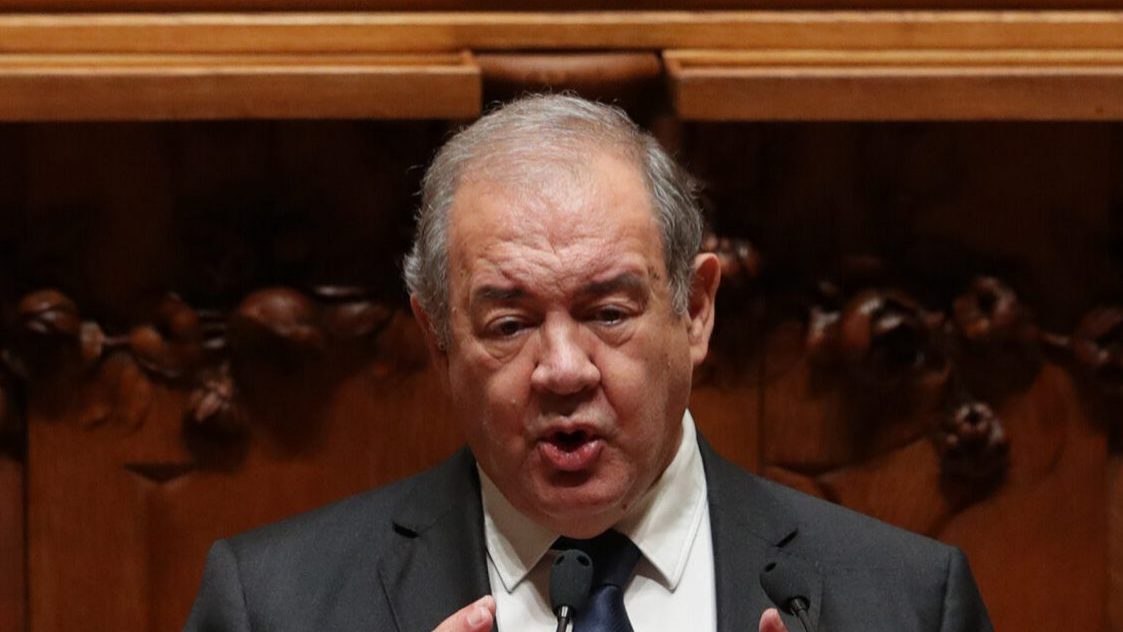Government creates working group to develop offshore energy plants
The government has set the ambition to achieve an installed capacity of offshore wind of 10 gigawatts (GW) in 2030, which will be allocated through auctions.
The government has created an inter-ministerial working group for the areas of sea, energy and infrastructure, which has until May 31 to submit contributions to develop the production of renewable energy at sea (‘offshore’), according to an order published on Friday.
The order published in the Diário da República (the government’s official gazette) the joint ministries of economy and maritime affairs, the environment and climate action ministry and infrastructure and housing ministry, form the “working group for the planning and operation of power generation centres based on renewable energy sources of ocean origin or location”.
The group’s mission will be “to present to the members of the government responsible, by May 31, 2023, a report with contributions and recommendations” that meet the stated objectives, including proposing a set of preferential areas to install offshore power plants, indicating points of interconnection to the National Electricity Transmission Grid (RNT).
The group’s objectives also include proposing the temporal sequencing of the preferential areas, establishing indicative powers to be attributed to them, in the scope of the launch of tenders for the attribution of reserve capacity titles (TRC) for the injection of electricity into the Public Service Electricity Network (RESP) to electricity generating centres and the associated titles of private use of maritime space (TUPEM), as well as proposing the model for the attribution of these same TRC.
The working group will also have to propose the technical and investment model for the development of the offshore and onshore electricity infrastructure required for the power generation centres to come into operation and to meet the expected increase in demand for green electricity, following the planned investments for hydrogen production.
Finally, the working group will also have to assess the needs for the development of port infrastructure, not only for the construction phase of the power plants, but also for the “development of a national industrial sector based on offshore renewable energy sources”, as well as monitor the measures that will be adopted by the government, following the report to be presented in May.
In this way, the working group is constituted for a period of one year.
“Portugal has a high availability of ‘offshore’ energy resources, as detailed in the results in the project ‘OffshorePlan: Planning of Offshore Renewable Energy in Portugal’, under the responsibility of the National Laboratory for Energy and Geology, a potential that has been proven in the field with innovation projects located in the dedicated pilot area,” reads the dispatch.
In this sense, the government has set the ambition to achieve an installed capacity of offshore wind of 10 gigawatts (GW) in 2030, which will be allocated through auctions.


